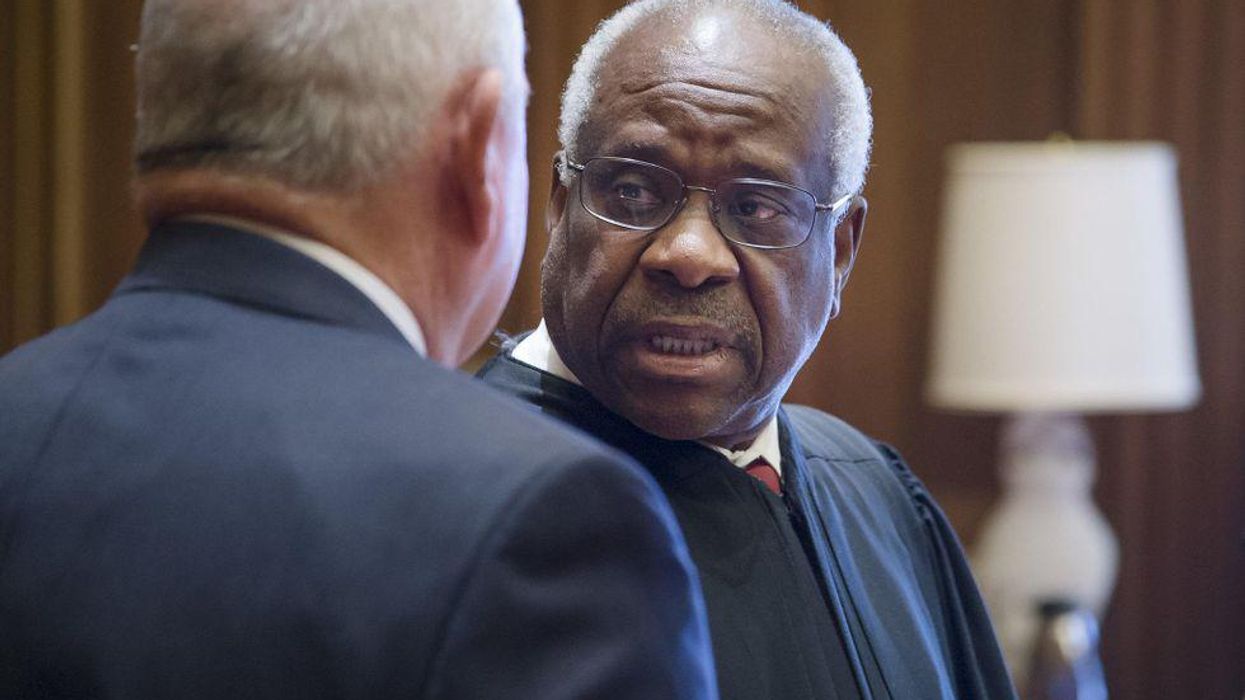Both the Supreme Court of the United States (SCOTUS) and the federal judiciary itself is about to run completely out of money to do anything beyond basic operations, according to a new report.
The Hill reported Friday that the High Court "expects to run out of funding on October 18," per Supreme Court public information officer Patricia McCabe. She added that while "the Supreme Court Building will be closed to the public until further notice," the building itself "will remain open for official business."
That announcement comes as the federal government shutdown — which began on October 1 — is about to stretch on into its fourth week. And while SCOTUS is set to run out of funds on Saturday, the entire federal curt system itself is due to run out of money on Monday, October 20. The Administrative Office of the U.S. Courts stated Friday that the courts will now carry out "only limited operations."
"Federal judges will continue to serve, in accordance with the Constitution, but court staff may only perform certain excepted activities permitted under the Anti-Deficiency Act," the statement read.
According to the Hill, those limited operations directly pertain to "activities needed to perform constitutional functions for the safety of human life and protection of property." Essential staff will continue to come to work without pay, while all other staff will be furloughed until Congress passes a government funding bill.
Other essential activities that will continue during the shutdown include jury services, as well as the Public Access to Court Electronic Records (PACER) system, which is funded independently of Congress.
How each of the 94 federal district courts decide on which ongoing cases will continue to move forward as scheduled and which cases will be delayed will be up to those district judges, per the report.
Senate Republicans have yet to secure the seven Democratic votes necessary to reach the 60-vote threshold to reopen the government. Democrats are insisting that Affordable Care Act (ACA) subsidies set to expire at the end of 2025 be extended in the current funding bill, while Republicans refuse to discuss an extension until a funding bill has been passed and signed into law. House Speaker Mike Johnson (R-La.) has cancelled all planned votes next week, meaning the House isn't expected to gavel into session until at least October 27. The last day the House was in session was September 19.
Click here to read the Hill's report in its entirety.


